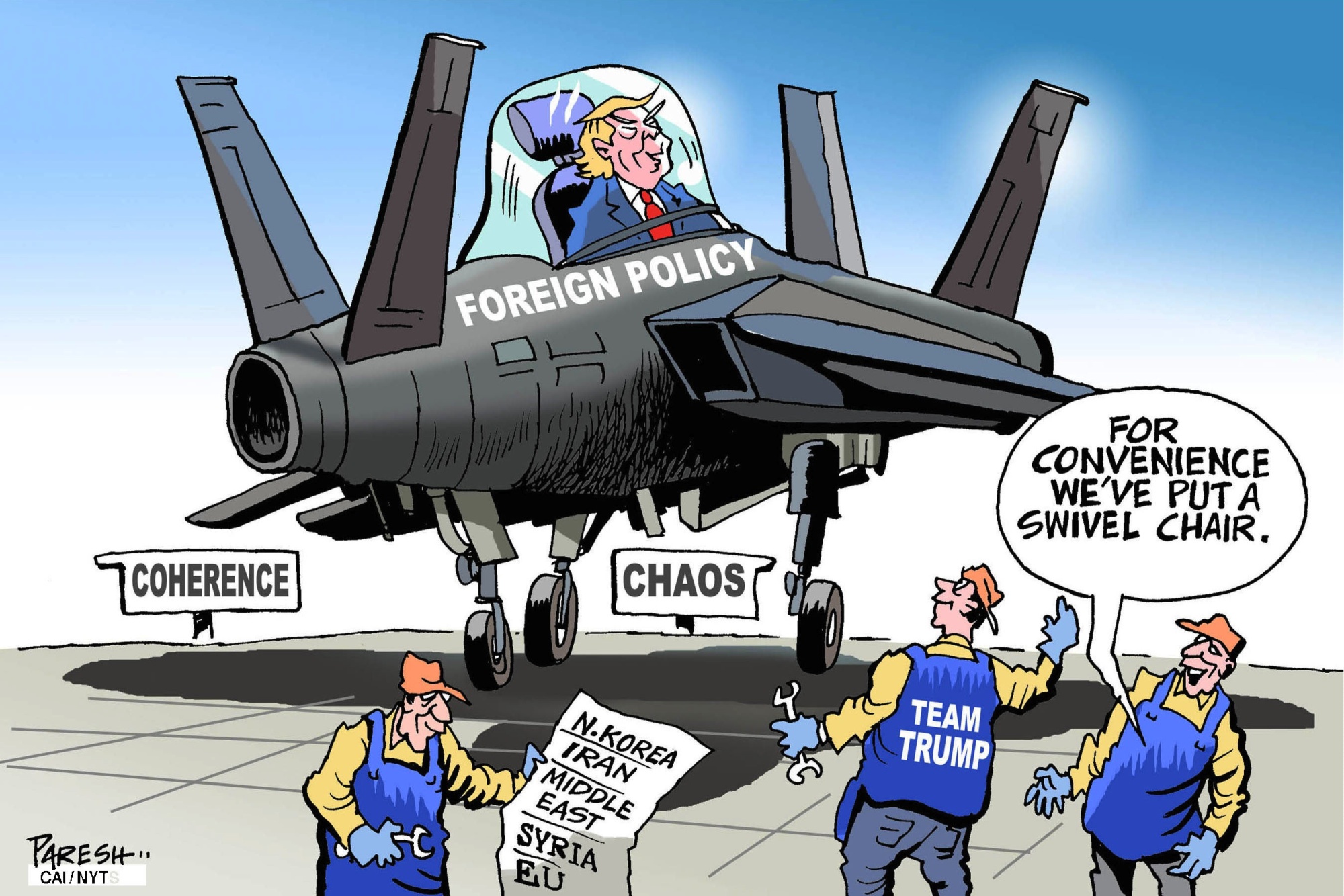What does the sad story of Jamal Khashoggi — the Saudi journalist who went into the kingdom's consulate in Istanbul and never came out — have to do with debates about U.S. policy in the Middle East? Quite a lot.
For those who think Washington can simply turn over the management of Middle Eastern geopolitics to the countries of the region, Khashoggi's disappearance is one more reminder that things are not so simple. A post-American Middle East will not be stable and peaceful. It will be even nastier and more turbulent than it is today.
The basic argument to pull back from the Middle East runs like this: The United States should not exert such vast energies to confront challenges like terrorism and Iranian expansionism because the countries of the region should and can do it themselves. Saudi Arabia and the other Gulf kingdoms have more than enough wealth and military power to prevent Iran from dominating the region or terrorist groups from running wild; and they have an even greater interest in avoiding these outcomes than does the U.S. By taking so much responsibility for regional affairs, Washington simply allows these countries to ride on its coattails.


















With your current subscription plan you can comment on stories. However, before writing your first comment, please create a display name in the Profile section of your subscriber account page.